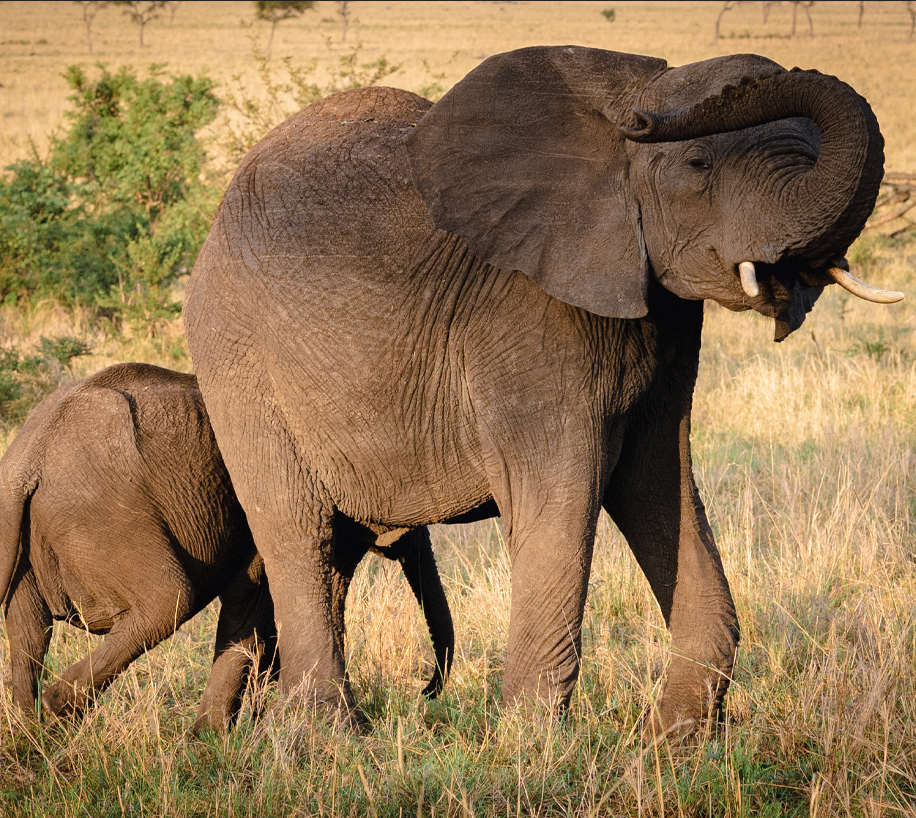Staging behaviours identify spatial and temporal risk of human-wildlife conflict.
Abstract.
Habitat conversion to farmland has increased human-wildlife interactions, which often lead to conflict, injury or death for people and animals. Understanding the behavioural and landscape drivers of human-wildlife conflict is critical for managing wildlife populations. Staging behaviour prior to crop incursions has been described across multiple taxa and offers potential utility in managing conflict, but few quantitative assessments of staging have been undertaken. Animal movement data can provide valuable, fine-scale information on such behaviour with opportunities for application to real-time management for conflict prediction. Read the full article.
Authors
Nathan R. Hahn
Jake Wall
Kristen Denninger-Snyder
Wilson Sairowua
Marc Goss
Stephen Ndambuki
Ernest Eblate
Noel Mbise
Sospeter Kiambi
George Wittemyer




